Shortages of a wide range of crucial drugs in the U.S. are the highest in a decade, especially cancer drugs that affect thousands of patients who face delayed or canceled chemotherapy appointments.
There were 309 active national drug shortages as of June, including 177 sterile injectables, according to the American Society of Health-System Pharmacists (ASHP), which tracks drug shortages. That is an increase from 295 at the end of last year and the highest total since 2014.
The shortages include antibiotics, medication like Adderall for attention deficit hyperactivity disorder (ADHD), a diabetes drug Ozempic and chemotherapy drugs.
Unexpected demand spikes, manufacturing challenges, and limited availability of ingredients are causing the shortages.
The shortage of critical drugs may worsen after a tornado touched down in Rocky Mount, North Carolina, on June 20 and ripped up the roof of a Pfizer factory that makes nearly 25 percent of Pfizer's sterile injectable medicines used in U.S. hospitals for anesthesia, medicines that treat infections and drugs needed for surgeries or intensive care units for patients who are placed on ventilators, according to the drugmaker.
Pfizer said all employees were safely evacuated and accounted for, and no serious injuries were reported. The drugmaker is still assessing damage.
Experts said it is too early to know how the damage to Pfizer's plant might affect the availability of medicines.
Pfizer is the largest producer of generic injectable drugs for the U.S., according to IQVIA, which tracks sales data. Pfizer products accounted for 19 percent of the country's supply for the first five months of this year. Fresenius, based in Germany, and Hikma Pharmaceuticals, based in London, are the second and third largest suppliers, respectively.
At least 129 sterile injectable drugs are already in short supply in the U.S., according to the University of Utah's drug information service, Bloomberg reported
"This could be a big hit on the drug supply in the U.S.," Stephen Schondelmeyer, a professor at the University of Minnesota who studies the pharmaceutical industry, told Bloomberg. He said even if other producers start making sterile injectable drugs, it could still take weeks or months.
A White House spokesperson said the Food and Drug Administration (FDA) "is monitoring the situation closely as it evolves and is working with the company to understand the extent of the damage and any potential impact to the nation's drug supply".
At least 25 cancer drugs are now in shortage, according to the American Society of Health-System Pharmacists. Two in particular — carboplatin and cisplatin — may be hurting cancer research the most because they are used with such a wide variety of cancers. Cisplatin and other platinum-based drugs are prescribed for 10 percent to 20 percent of all cancer patients, according to the National Cancer Institute.
The current shortage of cisplatin began earlier this year when Intas Pharmaceuticals, a major supplier, closed a factory in India due to FDA concerns over document destruction by workers. Consequently, there was also a decline in the supply of carboplatin, an alternative chemotherapy drug.
The FDA in July allowed more cancer drugs to be imported from China because of the shortage of chemotherapy drugs and no alternatives.
The effect of the shortage of cancer-treatment drugs on cancer research may be felt for years to come.
The National Cancer Institute, the federal government's main agency for cancer research and training, told CNN that at least 174 of its 608 trials may be affected by the shortages. That number can't account for other trials that rely on those drugs or possible trials that researchers would like to start but can't.
Dr Mark Fleury, policy principal with the American Cancer Society Cancer Action Network, a nonprofit, nonpartisan advocacy affiliate of the American Cancer Society, told CNN that the issue hasn't gotten as much attention as the shortages' effects on individual patients, but it has put the country's push for better cancer medicine in real jeopardy.
New drug shortages had nearly a 30 percent increase from 2021 to 2022, affecting 295 products by the end of last year, according to a March report from the Senate Committee on Homeland Security and Governmental Affairs, NBC News reported.
During the pandemic, due to a regulatory change, patients could receive prescriptions from doctors without in-person visits, leading to a surge in the demand for prescription drugs.
Shortages particularly of generic drugs in the U.S. have been a longstanding problem. The industry has consolidated, and some manufacturers lack motivation to resolve shortages as inexpensive generics result in slim profits.
Generic drugs represent about 90 percent of all prescriptions filled in the U.S., yet they account for only approximately 20 percent of drug spending in the country. Their low cost means generic drugmakers don't make much money, NBC News reported.
Declining profits have forced some U.S.-based factories to close permanently, worsening the drug shortage across the nation.
Last week, NBC News reported the closure of Akorn Pharmaceuticals, a manufacturer responsible for producing 75 generic drugs. All the drugs were pulled from the market following the company's shutdown.
In 2021, 78 percent of the suppliers of active pharmaceutical ingredient suppliers, which are key components that provide a drug with its intended effect, were from China, India and the European Union, according to the FDA.








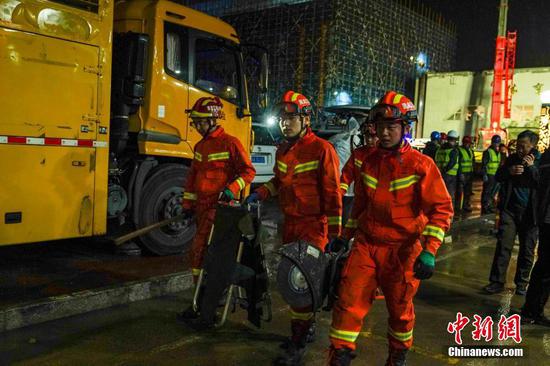

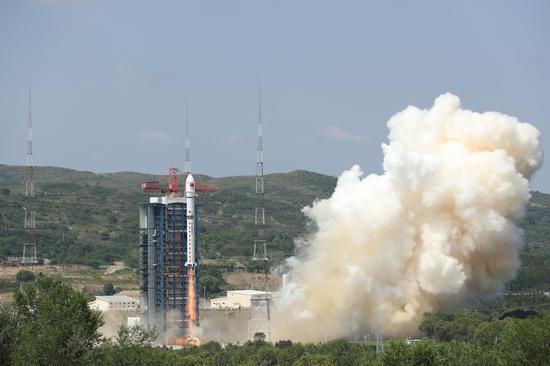




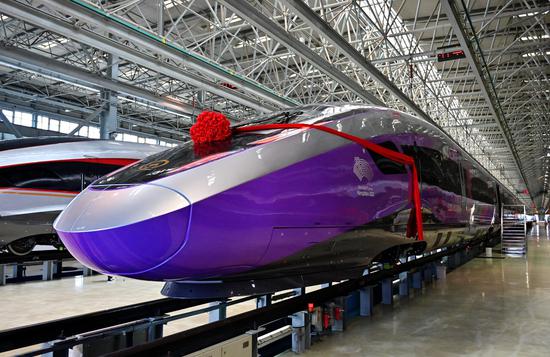


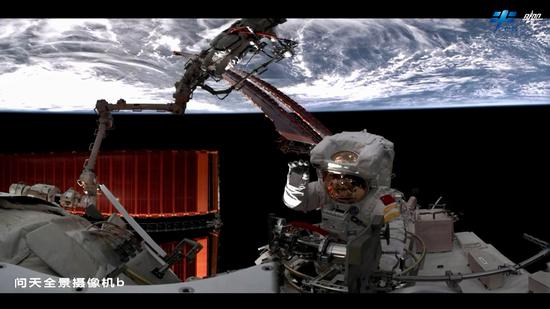
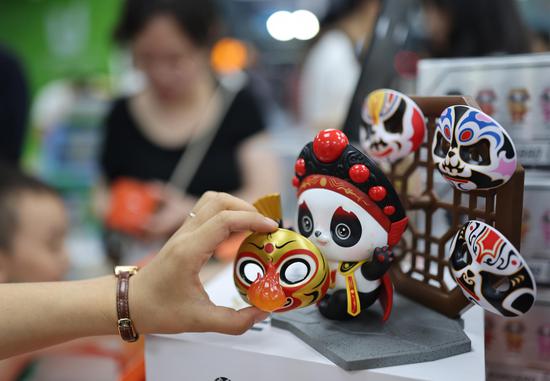





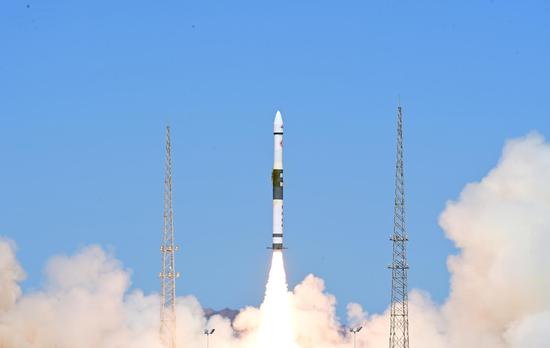
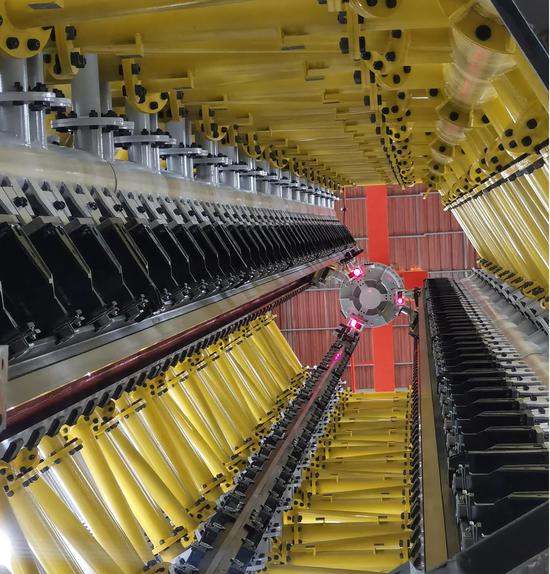


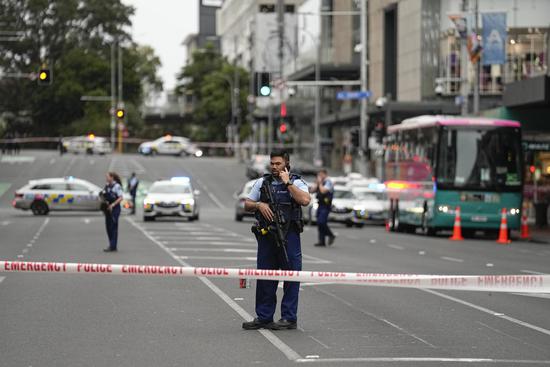

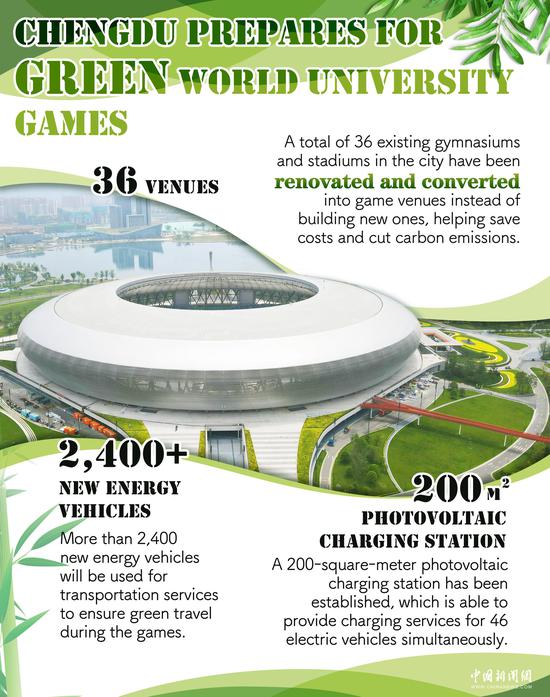


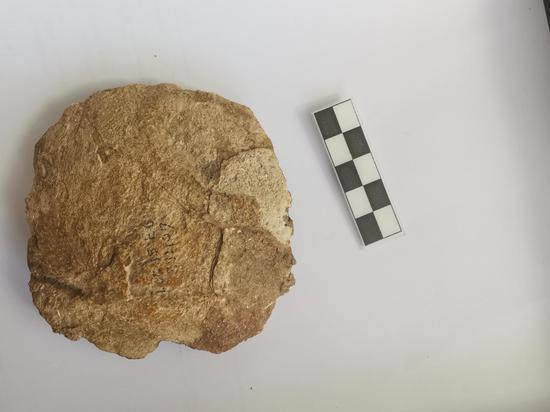
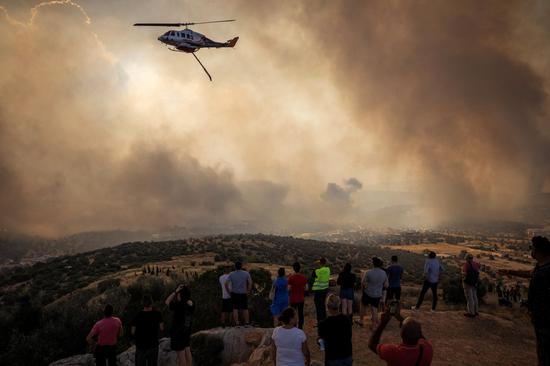


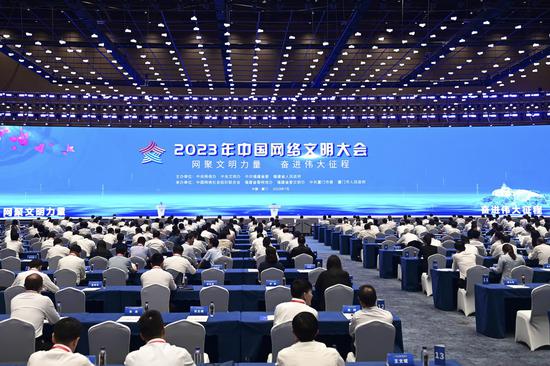
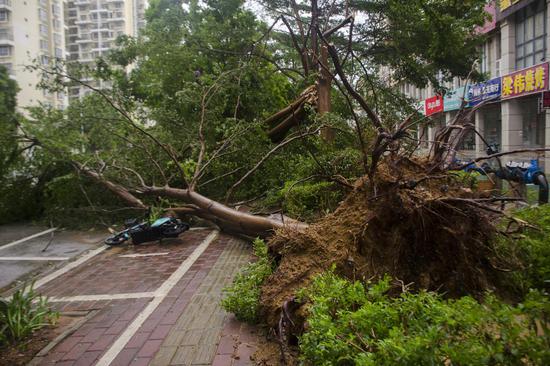




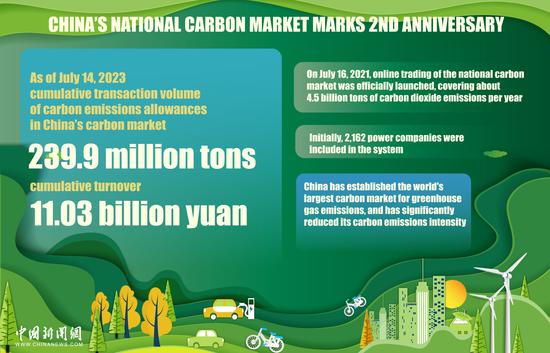





 京公网安备 11010202009201号
京公网安备 11010202009201号